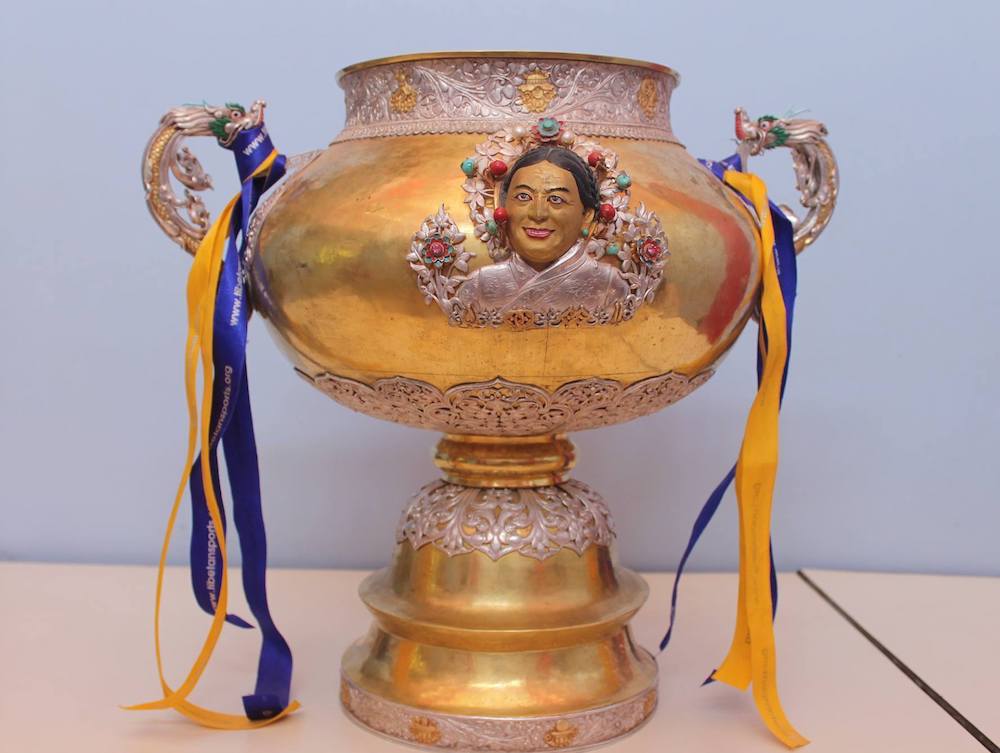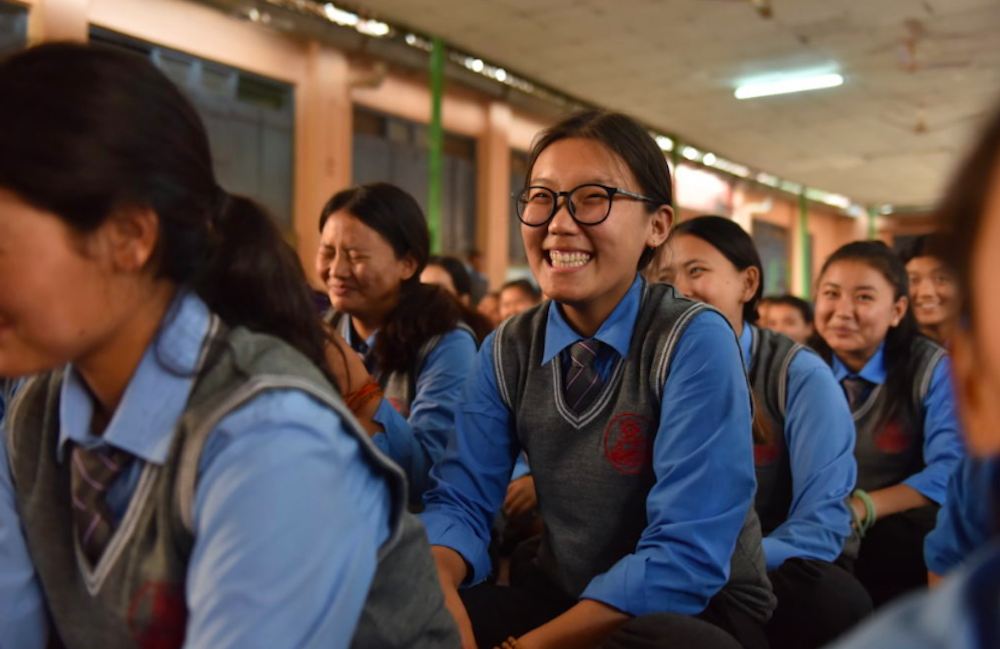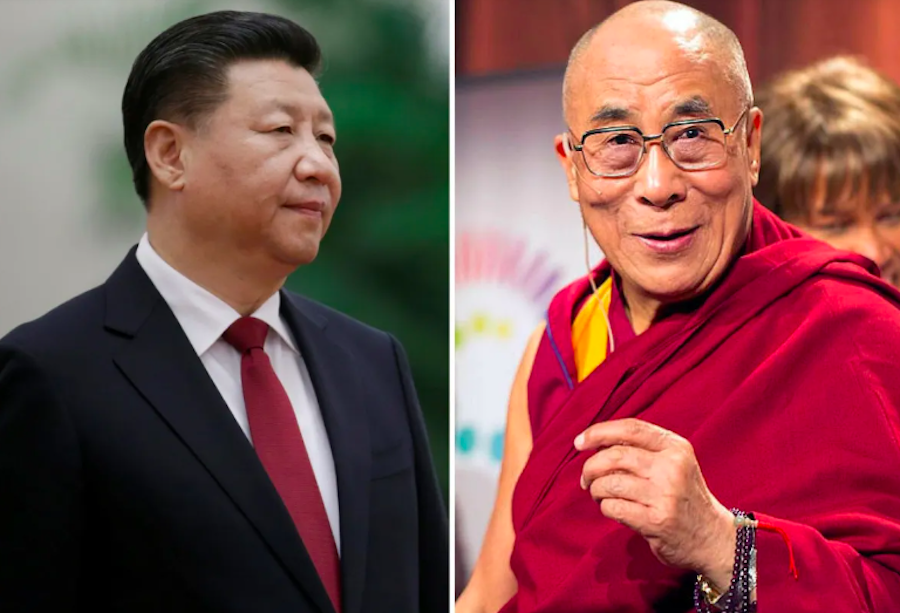 DHARAMSHALA, January 31: In a first of its kind court sentence passed down in relation to what China calls “crimes” associated with self-immolations in Tibet, one Tibetan has been sentenced to death with a two-year reprieve and another to ten years.
DHARAMSHALA, January 31: In a first of its kind court sentence passed down in relation to what China calls “crimes” associated with self-immolations in Tibet, one Tibetan has been sentenced to death with a two-year reprieve and another to ten years.
China’s official state agency Xinhua, reported today that the Intermediate People’s Court of the Tibetan-Qiang Autonomous Prefecture of Aba passed the sentence on Thursday.
According to the court verdict, Lobsang Konchok, 40, a monk of the Ngaba Kirti Monastery was sentenced to death with a two-year reprieve and has been stripped of his political rights for life. His nephew, Lobsang Tsering, 31, was sentenced to 10 years in prison and has been stripped of his political rights for three years.
The two Tibetans have been convicted of “intentional homicide” for “inciting and coercing eight people to self-immolate, resulting in three deaths.”
The court further charged Lobsang Konchok of sending out information regarding self-immolations, which it said was “used by some overseas media as a basis for creating secessionist propaganda.”
However, the Xinhua report didn’t carry any mention of earlier charges made by Chinese police accusing the two of working at the instructions of the exiled Tibetan spiritual leader His Holiness the Dalai Lama and his followers.
Speaking today at a panel discussion in New Delhi on the sidelines of the ongoing Tibet solidarity campaign, H.E. Kirti Rinpoche, the head lama of the Kirti Monastery, said the “admission of crimes” by the two Tibetans as claimed by the Chinese government, is a result of torture.
“To impose and to assert their claim that outsiders are instigating the self-immolations, the Chinese authorities have rounded up lots of Tibetans and are forcing them to confess crimes under severe torture in prison,” Kyabje Kirti Rinpoche said. “This is how they are collecting their so called evidence.”
The exile Tibetan administration had earlier contested China’s claims of “confession” saying that statements from a state “known to resort to torture and detention of individuals without due judicial process can only be received with scepticism from the international community.”
“If China genuinely wishes to end the self-immolations, instead of resorting to the blame game it should allow unfettered access to international bodies to Tibetan areas to investigate the root causes for these self-immolations,” the Central Tibetan Administration said.









